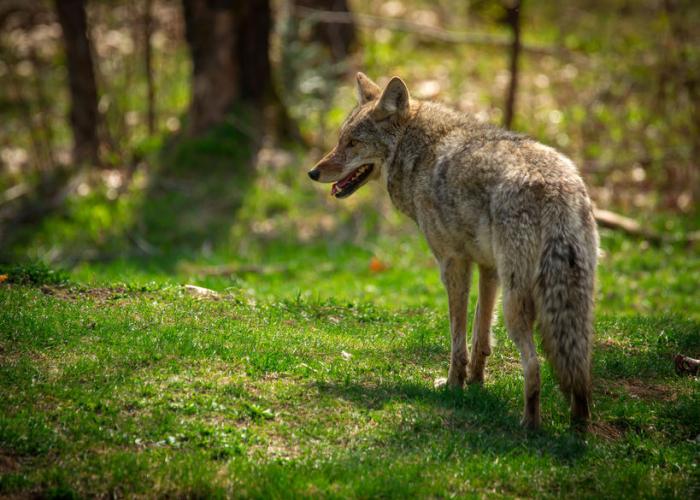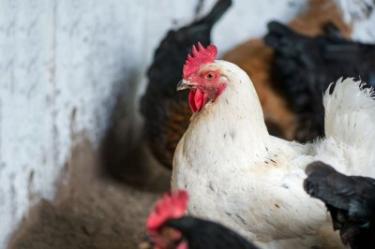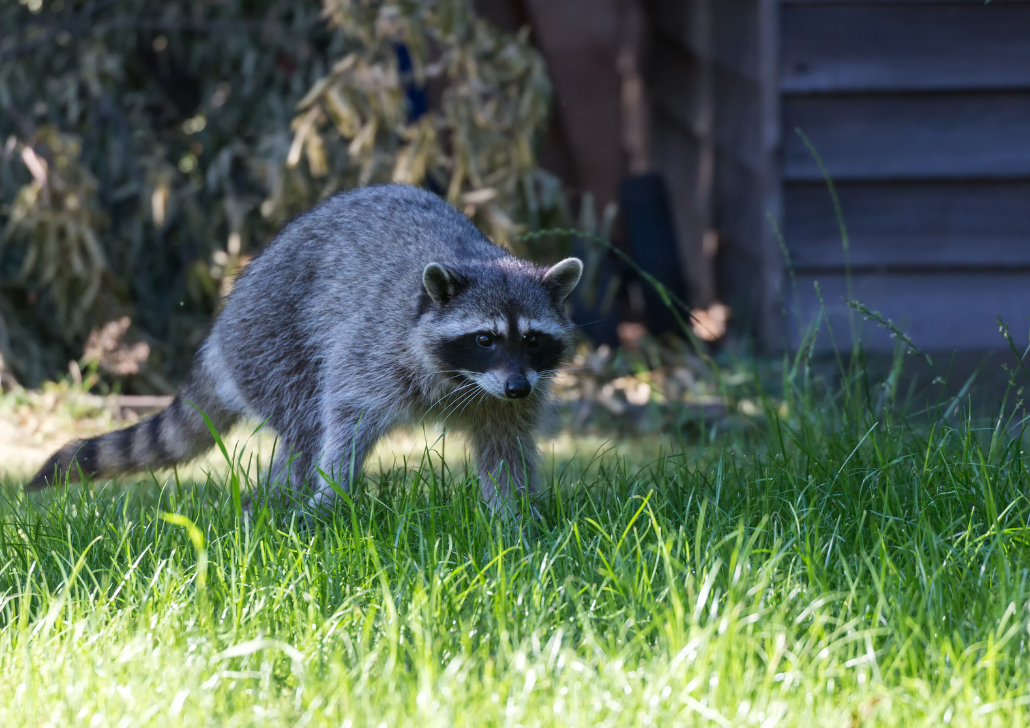How to Humanely Repel Invasive Animals
We share this world with an abundance of different creatures. Animals are beautiful, they’re fascinating and we should be trying out best to make sure that we can live in harmony with them and do as little damage to the animal kingdom as possible.
While for the most part, animals don’t interfere much with humanity, there are a few which are oftentimes impeding upon our homes and our gardens. Obviously they are not doing it intentionally, but it does happen and it has negative effects.
Insects can get inside our houses and come searching for food, or they can eat our plants and flowers. Small rodents such as mice and rats can get in and they carry diseases, you’ve got skunks and raccoons which are harmful and then there are others such as coyotes which can be dangerous if there’s kids or small pets hanging around.
Usually if you have an issue with animals, the solutions that will be recommended to you are a bit extreme. Exterminators, poison and a variety of other ways to kill the creatures that are causing the problem.
In some cases, this is the only solution and we have to accept that and ultimately it’s up to you how you want to deal with the issues plaguing your own home. But there are human ways to keep these creatures at bay.
And the best solution is to repel them in advance, to prepare your home before an infestation happens. Here’s a few humane ways to repel some of the more common problematic species:
Rat Repellent
Rats are some of the most problematic animals that you can have in your home. They are alarmingly common, they carry a ton of diseases, they can be aggressive and it’s difficult to know where exactly their nest is.
If you see any rat droppings around your house or your garden, that’s usually a good sign that you could be dealing with an infestation and their droppings can be harmful enough in themselves.
The first thing you need to do is find any holes in your walls where these rats might be getting in. This will be an arduous process which will involve looking behind cabinets and searching every nook and cranny you can find.
Fill all of these holes with either wire wool or a fast-hardening sealant. Anything like rubber or plastic won’t work because rats will have no trouble chewing through it. The next step involves repellent liquids.
There are a variety of smells that rats hate, the easiest to use being peppermint and eucalyptus. Soak some rags in these oils and leave them around your house in areas rats are most likely to enter and replenish them every few weeks.
Ant Repellent
Take a similar approach when it comes to the presence of these insects. Ants can be a big problem because there are usually a lot of them, but again there are a few different smells that they despise.
Peppermint is just as effective against ants as it is against rats so you can use that, they also hate the smell of cinnamon and the most useful thing to use is lemon. Ants hate the acidic nature and will avoid it at all costs.
Leave lemon rinds at every possible entrance point and the ants will stay away. Unfortunately, because they are so small and there are so many, it’s inevitable that some will get through your defenses.
In this case you might have to just kill the ones that you spot but for the most part, these oils should work as deterrents.
Skunk Repellent
Skunks are creatures which have a bad reputation, understandably so considering the smell that they release is horrific and it does tend to stick around, but besides that they are gentle, harmless creatures.
You aren’t exactly likely to have an infestation of skunks, but if you live in an area where they are common it is possible that you could find them in your garden or perhaps even in your home if you have a brush with bad luck.
More so than the smell, skunks can be problematic due to the fact that they will eat low-hanging plants and if you have a lot of those in your garden they will be in danger. So when it comes to repelling them, it’s kind of a fighting fire with fire situation.
Skunks can be deterred with certain scents. There are some skunk repellents which are made with predator urine, but the manner in which that is obtained is dubious, so you’re better off using capsaicin oil or castor oil.
These will do the job just as well without being produced at the expense of other animals' health and wellbeing.
Coyote Repellent
Coyotes being a presence in your garden is probably unlikely unless you’re keeping chickens or other small livestock, but it can happen and they can be dangerous so you need to take measures to ensure it doesn't happen.
If you do have small animals and are in a place where coyotes are common, install wirenet fences around their enclosures and do the same for any ponds or other water features. Make sure you don’t leave food lying around and your garbage disposal is enclosed too.
These are sources of food which can attract the coyotes. You can also use lights that are activated by way of motion detection. Flashing lights are a well-established deterrent so if you’ve taken all the other measures and they still wander into your yard, this should keep them away.
Unwanted animals invading your space is just something that everyone has to deal with at some point as a property owner, but it’s not their fault, and they don’t know any better, so we should do our best to treat them with kindness.
How to Humanely Repel Invasive Animals
·

·




